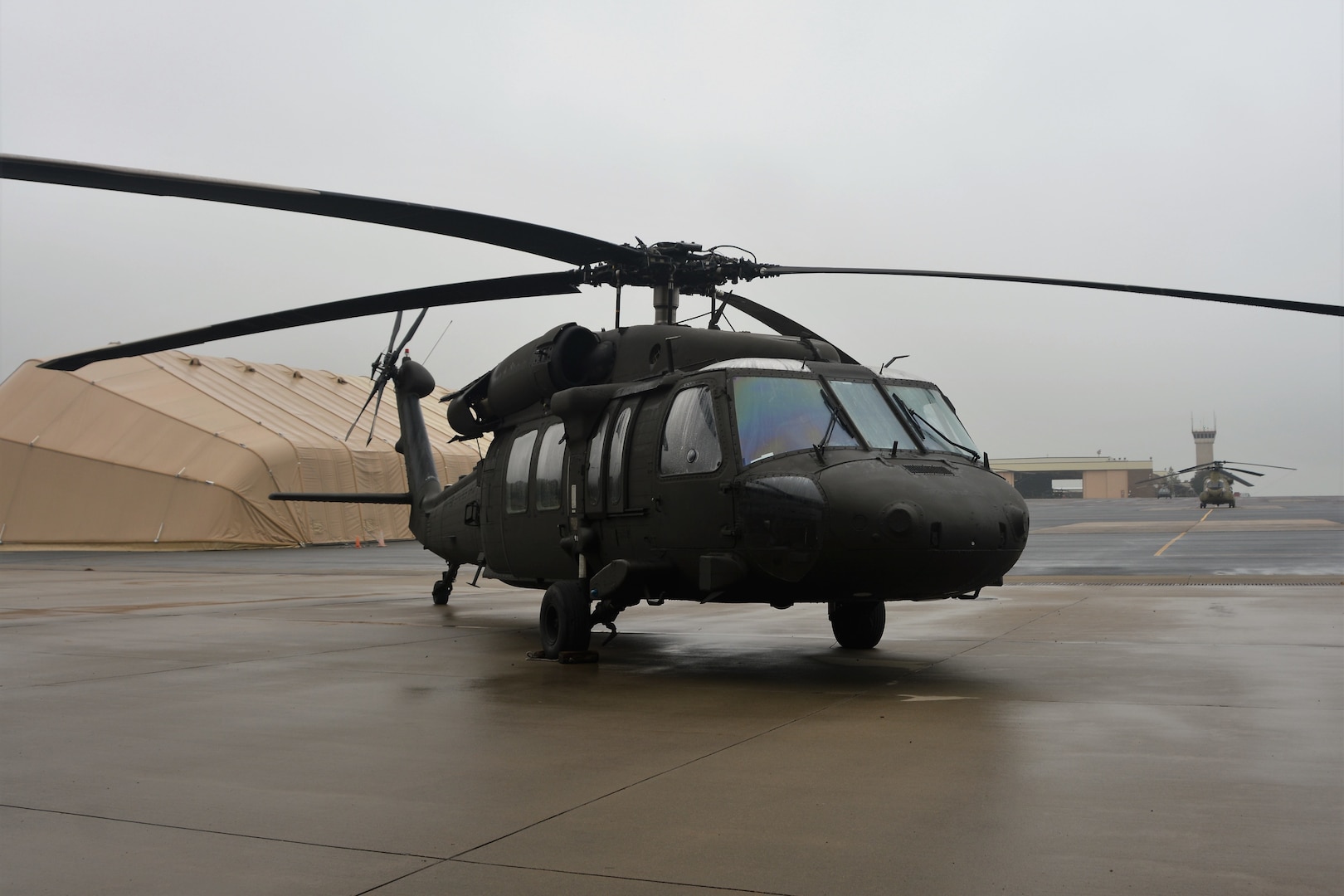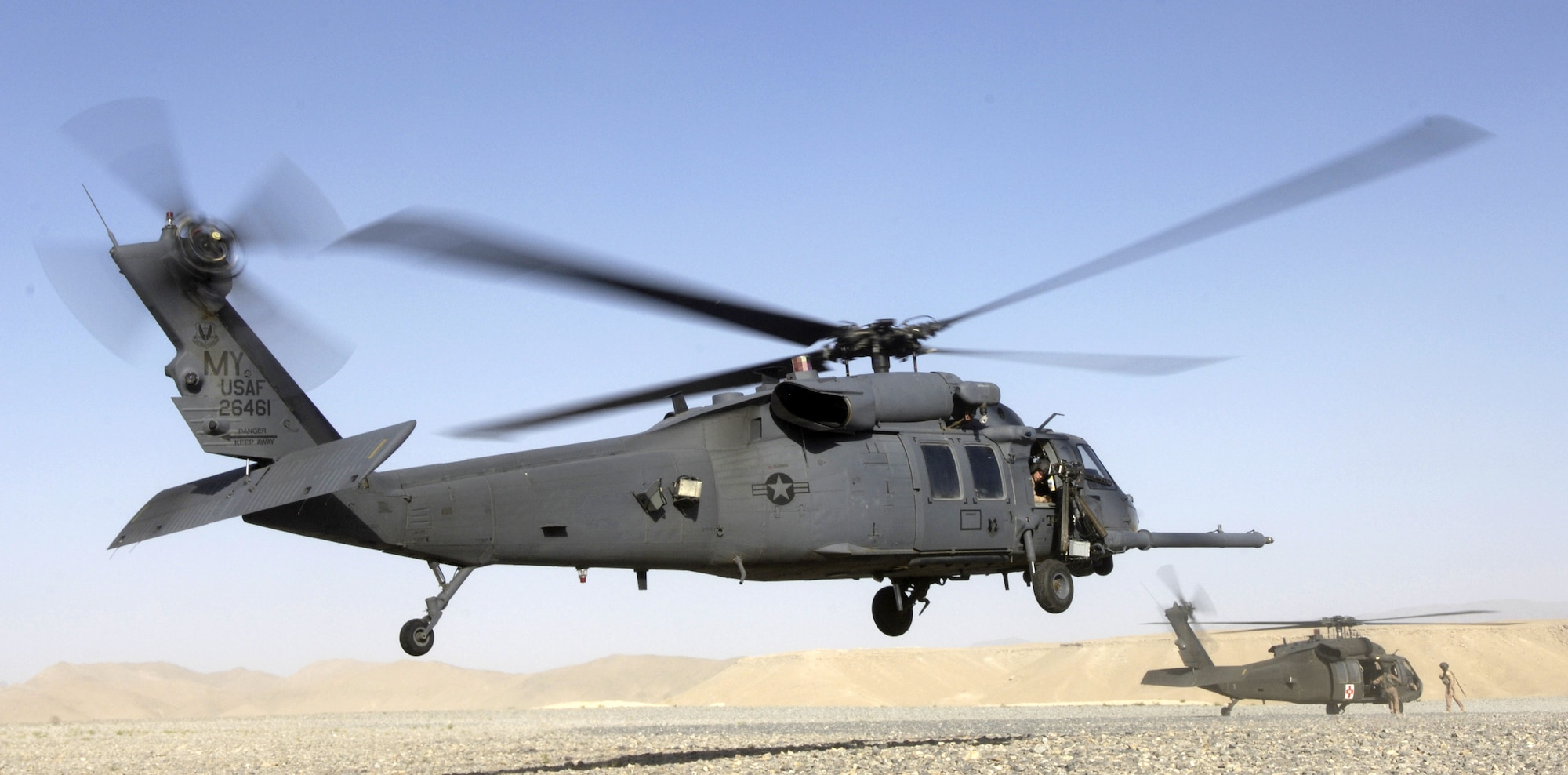Maintenance and Maintenance for UH 60 Helicopters
Maintenance and Maintenance for UH 60 Helicopters
Blog Article
The Function of Aircraft fit Worldwide Transport and Trade Dynamics
The advancement of aircraft has indelibly transformed worldwide transportation and trade dynamics, assisting in extraordinary levels of connection and efficiency. With the facility of robust air freight networks, services can now browse worldwide markets with amazing speed and dexterity, thereby redefining supply chain techniques. This makeover is not without its challenges, as the air travel sector grapples with sustainability issues and regulatory pressures. As we check out the complex influences of aircraft on international profession, it is important to think about just how these factors will certainly form the future landscape of air travel and its function in the economic situation.

Evolution of Air Transportation
The advancement of air transport has been noted by substantial technical advancements and developments that have actually changed the method people and products relocate throughout the globe. From the Wright siblings' initial powered trip in 1903 to the growth of supersonic jets, each milestone has highlighted the unrelenting quest of efficiency and rate in air travel. Early airplane were primarily fundamental, limited by engine power and structural integrity. However, the introduction of innovative materials and the rules of aerodynamics in the mid-20th century resulted in substantial enhancements in aircraft performance, integrity, and security. uh 60.
The latter component of the 20th century experienced the emergence of commercial aeronautics as a viable setting of transport, identified by the intro of jet engines, which transformed air travel by considerably reducing trip times. The increase of air cargo in parallel with traveler solutions has even more emphasized the versatility of aviation.
Impact on Global Trade
Air transportation has exceptionally reshaped global profession by facilitating the swift activity of items across vast distances. This expedited logistics capacity allows organizations to respond swiftly to market demands, thus enhancing supply chain effectiveness. The capacity to transfer disposable goods, high-value products, and time-sensitive products has opened up new markets and possibilities for various markets, substantially influencing profession patterns.
Moreover, the advancement of air freight networks has actually fostered globalization, making it possible for business to resource products and products from various components of the globe seamlessly. This interconnectedness lowers lead times and prices, permitting companies to stay competitive in a progressively international market. Furthermore, air transport plays a crucial function in e-commerce, where customer assumptions for rapid shipment have driven a rise in demand for air products services.
The effect of aircraft on worldwide trade includes the development of tactical profession routes, connecting areas and assisting in worldwide collaborations. Countries that spend in air transport facilities frequently experience enhanced economic development and raised foreign direct investment. In general, the development of air transportation has not just transformed the logistics landscape yet has likewise end up being an essential element in the characteristics of global profession.

Economic Advantages of Aeronautics
A durable air travel market produces considerable economic advantages, adding to job creation, tourist, and overall financial development - uh 60. The aviation market supports numerous tasks internationally, ranging from direct work in airline companies and airport terminals to indirect roles in markets such as friendliness, transportation, and logistics. According to sector records, for every single job in the aviation market, approximately 3.5 additional work are developed in the broader economic climate
Tourism is a crucial component of the economic advantages stemmed from aeronautics. Air travel facilitates international tourism, permitting travelers to discover diverse destinations, which consequently promotes regional economies. Countries that invest in their aviation facilities frequently experience enhanced traveler arrivals, resulting in greater investing on services such as dining establishments, attractions, and hotels.

Furthermore, aeronautics boosts global connection, enabling companies to access brand-new markets and sources successfully. As a result, fields such as e-commerce and production advantage exceptionally from reliable air transport, additional driving economic development.
Difficulties Encountering the Air Travel Industry
Browsing a complex landscape of regulatory, environmental, and economic challenges, the aviation industry faces considerable hurdles that endanger its sustainability and development. Regulations surrounding safety and security are continuously evolving, necessitating continuous conformity and adjustment from makers and airlines (uh 60). This can cause increased functional expenses and source allocation that interferes with technology and development initiatives
In addition, environmental problems have actually ended up being extremely important, with expanding scrutiny over carbon discharges and environmental pollution. The market is under pressure to take on greener technologies and techniques, which commonly call for considerable financial investment in r & d. Balancing these ecological obligations with the demand for flight provides a considerable obstacle.
Financial fluctuations, such as increasing fuel rates and geopolitical unpredictabilities, even more make complex the landscape. Airlines frequently come to grips image source with unstable operating expense and rising and fall passenger need, which can influence success and long-lasting preparation. Labor shortages and skill gaps in important areas include another layer of complexity, preventing operational efficiency.
Eventually, addressing these diverse challenges is essential for the aeronautics market to maintain its crucial duty in worldwide transportation and trade, while making certain durability and flexibility in a progressively open market.
Future Patterns in Flight
Shifting and arising modern technologies consumer choices are poised to improve the future of air travel significantly. The assimilation pop over to this site of man-made intelligence and artificial intelligence is expected to improve operational efficiency, enhance airport terminal procedures, and enhance customer care. Anticipating analytics will certainly facilitate extra exact need projecting, enabling airlines to enhance flight timetables and rates designs.
Sustainability is becoming a key chauffeur in air travel, with the air travel sector increasingly concentrated on reducing carbon exhausts. Developments in airplane layout, such as hybrid and electric propulsion systems, are being checked out to fulfill environmental targets. The fostering of lasting aeronautics gas (SAFs) is anticipated to play an essential role in accomplishing net-zero discharges by 2050.
Consumer choices are moving in the direction of individualized travel experiences. Airlines are purchasing innovative information analytics to customize solutions and enhance client interaction, making sure an extra customized trip from reserving to arrival. Furthermore, the increase of remote work may result in boosted need for leisure traveling, as people look for to combine work and trip.
Conclusion
In conclusion, airplane dramatically affect global transportation and trade dynamics by promoting rapid motion and boosting supply chain performance. The development of air transportation has transformed worldwide trade, generating significant financial advantages while also presenting obstacles that need tactical administration. Future fads indicate a continued reliance on aviation for commerce, highlighting its important function in globalization and financial growth. The ongoing adaptation of the air travel market will certainly be crucial for maintaining its contributions to the global economy.
The latter part of the 20th century experienced the introduction of industrial air travel as a feasible mode of transportation, defined by the intro of jet engines, which transformed air traveling by drastically lowering flight times. The surge of air freight in parallel with traveler services has better underscored the flexibility of air travel. Additionally, air transport plays a crucial role in shopping, where consumer expectations for quick distribution have driven a rise in need for air freight solutions.
Overall, the evolution you can look here of air transport has not just transformed the logistics landscape however has also come to be an important element in the dynamics of international trade.
Sustainability is coming to be a vital driver in air travel, with the aviation industry increasingly focused on decreasing carbon emissions.
Report this page